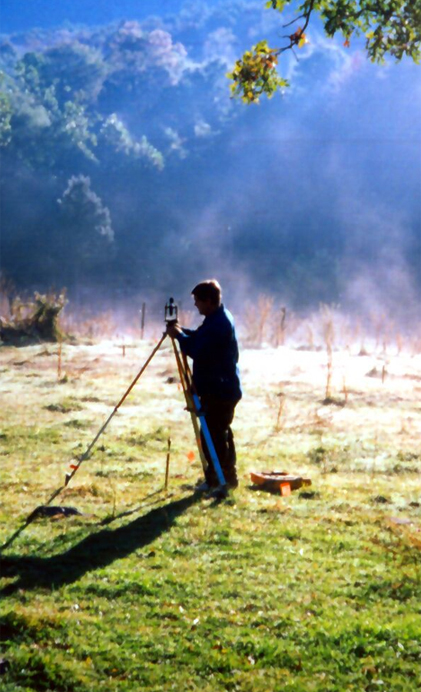More from bluestone research
More in Politics
Related Blogs
Archives
Social Share
The importance of archaeological assessment
Body
Before any development or building occurs, archaeological evaluations are essential preparatory investigations carried out to assess the possible archaeological significance of a location. These evaluations include a variety of techniques, including field surveys, archival research, and, if required, excavation. In order to ensure their preservation or, if necessary, the implementation of suitable mitigating measures, the objective is to locate and catalogue any potential cultural materials or artefacts. Developers and planners can mitigate potential impacts on cultural heritage, fulfill regulatory requirements, and further our understanding of historical human activities in the area by undertaking archaeological assessments.
Archaeological Consultants Canada provide specialist services to help with heritage conservation and legal compliance. To locate and catalogue cultural treasures, these consultants carry out fieldwork, excavations, and archaeological evaluations. In order to make sure that archaeological sites are appropriately maintained and conserved during development projects, they collaborate closely with developers, governmental organisations, and Indigenous groups. archaeological consultants support sustainable development and the preservation of Canada's rich archaeological legacy by offering their knowledge in cultural resource management.

Ontario's archaeology consultants offer invaluable knowledge in both regulatory compliance and the preservation of cultural assets. These consultants are experts at identifying and cataloguing the province's cultural treasures through fieldwork, excavations, and archaeological evaluations. In close collaboration with land developers, governmental organisations, and Indigenous people, they guarantee the appropriate management and preservation of archaeological sites throughout land development endeavours. Archaeological Consultants Ontario are essential to maintaining laws and policies pertaining to the preservation of cultural assets. Their knowledge aids in reducing possible effects on archaeological sites and helps to safeguard Ontario's rich cultural legacy for upcoming generations.

Expertise in both regulatory compliance and historical preservation is provided by archaeological consulting services. Field surveys, excavations, and archaeological assessments are just a few of the many services that fall under this category. In order to conserve cultural resources during development projects, consultants collaborate with developers, governmental organisations, and Indigenous people to locate and catalogue these resources. archaeological consulting services support regulatory requirements and reduce potential impacts on archaeological sites by offering specialised knowledge in cultural resource management. These services help to ensure that cultural heritage is preserved for future generations through their efforts.
Archaeological Research Associates specialise in carrying out in-depth analyses of historical locations and artefacts. These experts collect data and analyse discoveries using a variety of techniques, including field surveys, archival research, and excavation. Their knowledge aids in the comprehension of historical human activity and cultural environments. Associates in archaeology frequently collaborate closely with governmental bodies, educational establishments, and commercial businesses to offer insightful opinions on cultural heritage conservation and legal observance. They contribute to the preservation and protection of archaeological resources for study and appreciation by carrying out in-depth investigation and analysis.










Comments